REVIEW: Cabaret Noir at MAYDAY/dance Immersion/Canadian Stage
Cabaret Noir is an intense piece of work, and in the best of ways.
Hailing from Montréal, the artists often spoke in French, making me wish I had perhaps tried harder in grade school French. Creole, French and English are used throughout the work. While I was not always privy to the intricacies of the text, the performers’ presence on stage spoke volumes.
Cabaret Noir, a MAYDAY production, co-presented by dance Immersion and Canadian Stage, encapsulates my favourite type of creation, where the work is for the artists and for their people. The actual piece does not give an explanation for why they chose to interpret the work in the ways they did, and I have to say I am obsessed. Work created like this is so specific to the artists, and that is what makes it special. Cabaret Noir felt like a celebration; a pièce de résistance; a jubilee of Blackness.
Cabaret Noir is made up of the artist’s collective interpretations. Brought to life in 2020, following the murder of George Floyd, the show uses each performer’s specific skill set to create a masterful work. The piece was conceptualized by Mélanie Demers and the “interpreters,” as they’re credited in the program: Vlad Alexis, Florence Blain Mbaye, Paul Chambers, Stacey Désilier, and Anglesh Major. The piece’s original score was created by Anglesh Major and Florence Blain Mbaye, while Stacey Désilier brought her physicalization and dance expertise to the work. Cabaret Noir is brilliant because it could be so easy to dismiss it as weird or offensive due to its unsettling nature. But doing so completely misses that the ensemble has done their research. Every single decision in the work is connected back to something in Black history and media.
The work starts with the performers reading from well-known books: The Skin I’m In, Why I’m No Longer Talking to White People About Race, Black Skin, White Masks, and White Fragility: Why It’s So Hard for White People to Talk About Racism, as well as selections from big names within Black Feminist thought and critical race theory like Maya Angelou, James Baldwin, and Martin Luter King Jr., just to name a few. Audiences are given snippets of Black literature, and when I attended, they responded to the words with cheers and laughter alongside the performers. This opening segment was brilliant, setting the tone for the rest of the show; it highlighted the importance of calling back. Structured as a cabaret, there was space for each piece to exist separately from the others, expanding the possibility of how the work could then be interpreted.
Black histories and calls to culture within media (theatre, song, film, theory, poetry, language) ensure the culture endures as a living memory. Everything that has ever happened affects the way we bear witness, the way we are able to conceptualize ourselves, and the world around us. The interpreters in Cabaret Noir have translated each source in a unique way, thus allowing audiences the space to place their own meaning onto the work before being exposed to the original source material.
Throughout the performance, I found myself falling in love once again with interpretation. Interpretation is what I love the most about the theatre — that every single piece works through the artist’s minds and bodies to become what audiences then see onstage. The works included throughout Cabaret Noir are simultaneously elegant and brash. Music boomed through the speakers, actors yelled, voices were distorted, and yet we were presented with softness, grace, and finesse, as both “a celebration and resistance” of the concepts surrounding Blackness. Even the lighting design (Paul Chambers) reflected this idea; the work was very dimly lit, only highlighting the next cabaret piece. This was very gorgeous to me, as it gave an engaging dimension to the performers, adding shadows and harsh tones. Sometimes there would be bright flashes of light or the light would pulse, making me feel as if I was at a concert or house party. I appreciated the Chambers’ intentionality of the lighting — it really added a layer of beauty to the entire work.
Cabaret Noir also explores darkness at length, literally through low lighting, and more conceptually through the words that are performed. Several segments throughout the work explore racial and sexual violence. There are also slurs — lots of slurs, which I’m sure the folks on stage could say, and only because they could have had that exact thing yelled at them. There is a segment of Cabaret Noir that is all slurs and curses. This segment, “Litanie” by Vlad Alexis, made me uncomfortable, and I hope it made every non-Black person in that space especially uncomfortable.
Beyond the review, I do not understand the reclamation of slurs. I don’t know if there is actual power behind it, and especially with the N-slur, does a place for reclamation actually hold weight when these slurs are so prevalent within our media? I do not know. Never before have I heard the N-slur used in a play that I found to be actually profound and necessary. I don’t know if it was strictly speaking necessary within this work, but I do feel that it was profound. It was not a casual use of the terms: it was long, it was repeated, and it hurt. It hurt to hear these words said, it hurt to have them be repeated for so long, and it hurt to be reminded of how much meaning and violence these words still hold.
This is a work that has to be experienced, and then researched if you care enough to know more. I feel that the work asks audiences to learn more, while simultaneously giving us glimpses of brilliance into these texts and their interpretations.
Cabaret Noir closed at Canadian Stage on February 11. More information is available here.

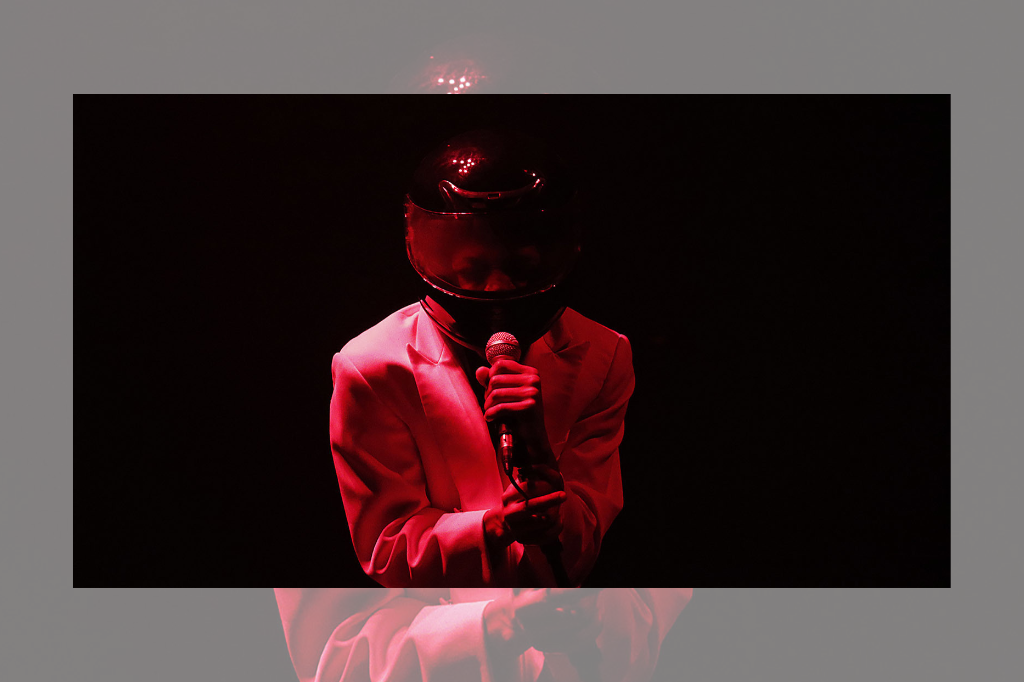







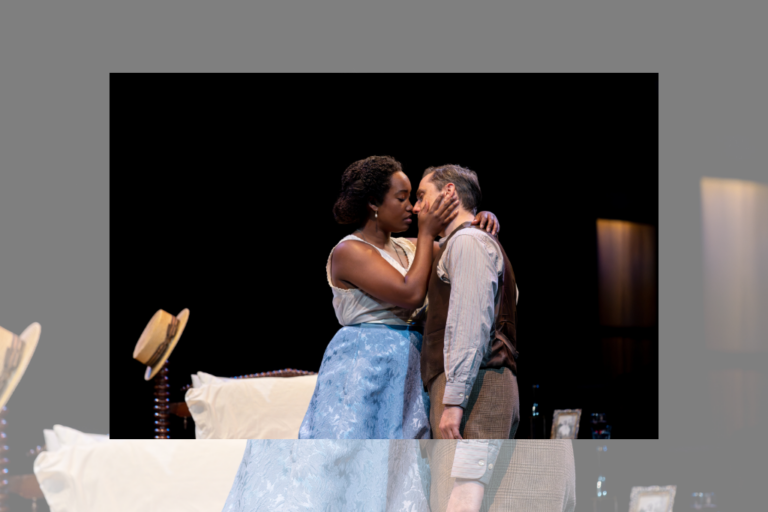
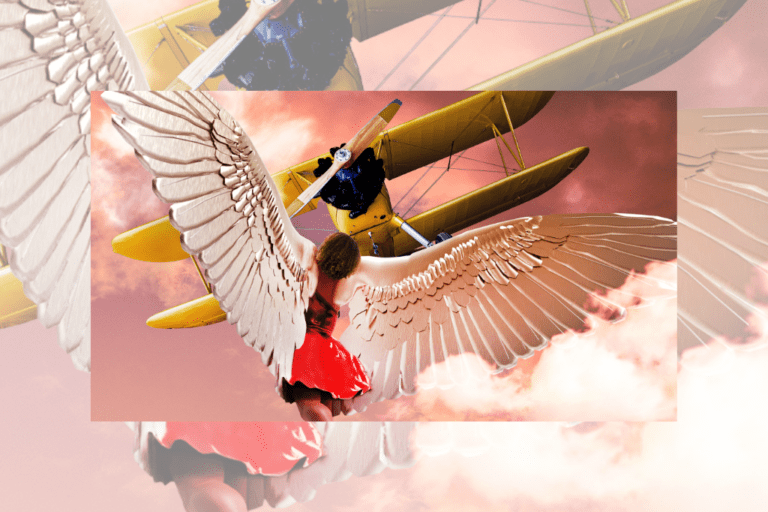
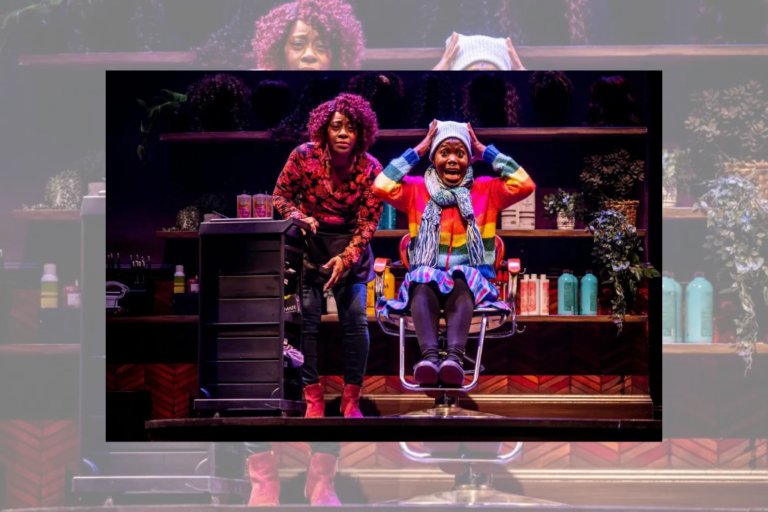
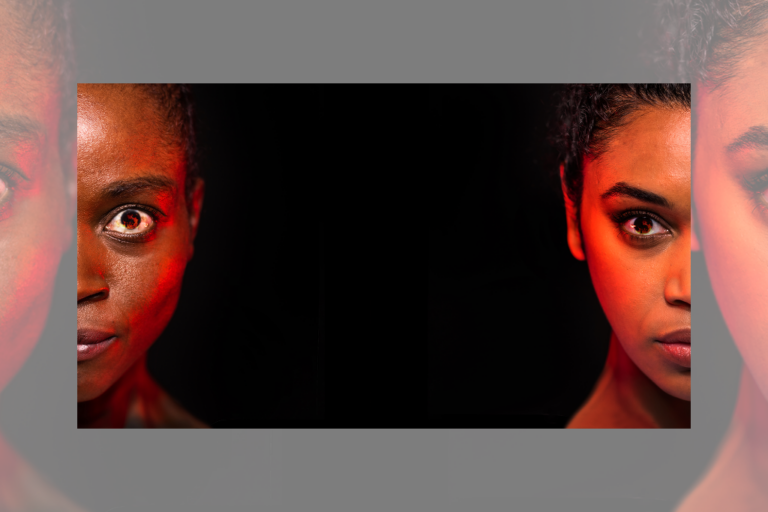
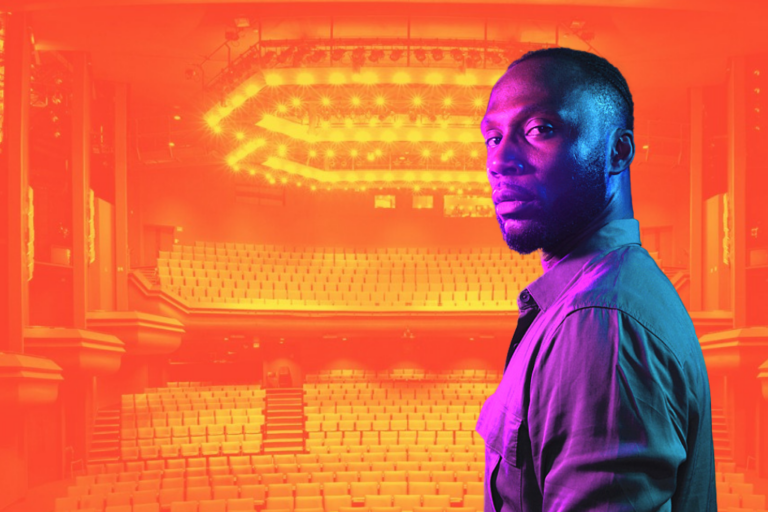

Comments